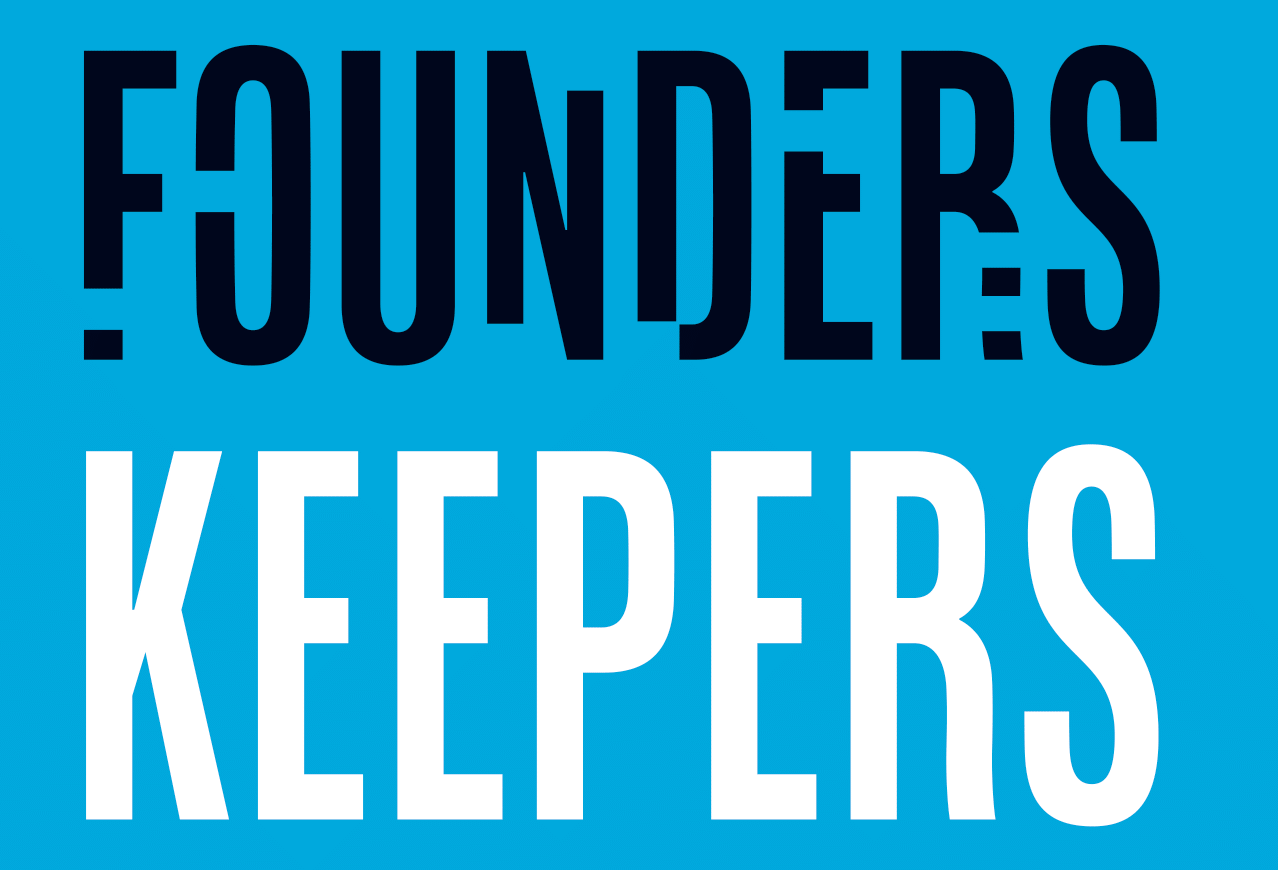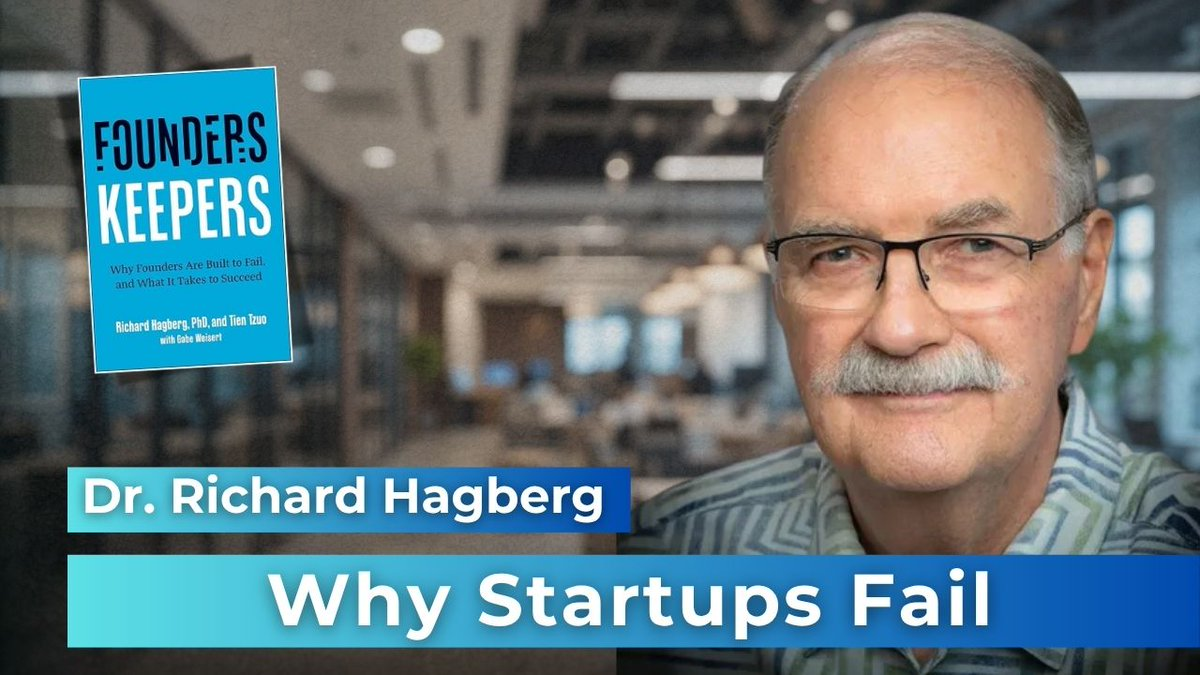Article
The Startup Time Bomb: The Hidden Risks Every Founder Must Defuse
July 25, 2024

Startups are exhilarating and a killing field at the same time. The rush of launching a new venture, the thrill of rapid growth, and the dream of disrupting entire industries can be intoxicating. Founders, armed with visionary ideas and boundless energy, often seem unstoppable. But lurking beneath this exciting surface is a ticking time bomb—an explosive combination of traits and pressures that can lead to spectacular failure if not carefully managed.
The Dual-Edged Sword of Founder Traits Founders are often celebrated for their extraordinary vision, creativity, and resilience. These are the qualities that enable them to see opportunities where others see obstacles, to innovate relentlessly, and to push through the inevitable setbacks of startup life. However, these very traits can also be double-edged swords.
Visionary founders, driven by their grand ideas, can become overly focused on their vision to the detriment of practical execution. Their creativity, while essential for innovation, can lead to a chaotic work environment where priorities shift constantly. Resilience can turn into stubbornness, with founders refusing to pivot even when the market signals that it’s time to change course.
The High-Risk Environment of Startups The startup environment itself is a pressure cooker. Unlike established companies, startups operate with limited resources, intense competition, and an unrelenting demand for rapid growth. Venture capitalists, while providing much-needed funding, often add to the pressure with their high expectations for quick returns. This high-stakes environment exacerbates the natural tendencies of founders, pushing them to their limits.
The high-risk nature of startups means that mistakes can be costly. A single wrong move can derail progress, and the margin for error is razor-thin. Founders must navigate this treacherous landscape while maintaining their vision and motivating their team—a Herculean task that few manage to accomplish without stumbling.
The Transformation from Strength to Liability One of the most insidious aspects of the startup time bomb is how founder strengths can transform into liabilities as the company grows. In the early stages, a founder’s hands-on approach and intense involvement in every aspect of the business are assets. But as the company scales, this same approach can become a major hindrance.
Founders who fail to adapt their management style often find themselves overwhelmed by the demands of a larger organization. Micromanagement, once a sign of dedication, becomes a bottleneck. The ability to make quick, unilateral decisions, so useful in the early days, leads to inefficiencies and frustration among team members. The very qualities that drove early success can precipitate later failure if not managed correctly.
Defusing the Time Bomb: Strategies for Sustainable Growth So, how can founders defuse this time bomb?
The key lies in recognizing the need for evolution—both personal and organizational. Founders must develop the self-awareness to understand their strengths and weaknesses and the willingness to adapt their leadership style as the company grows.
The Path to Longevity The startup time bomb is not an inevitable fate. By recognizing the risks and proactively addressing them, founders can transform potential pitfalls into stepping stones for long-term success. It’s about striking a balance—maintaining the visionary spark that drives innovation while building the practical foundations for sustainable growth.
Founders who successfully navigate this transition not only defuse the time bomb but also set their companies on a path to enduring success. They learn to harness their strengths without letting them become liabilities, creating a legacy that goes beyond the initial burst of startup energy.
In the end, the journey from a scrappy startup to a thriving enterprise is a marathon, not a sprint. Founders must pace themselves, adapt to changing conditions, and be prepared to evolve. By doing so, they can ensure that their startups don’t just survive but thrive in the long run.
The Dual-Edged Sword of Founder Traits Founders are often celebrated for their extraordinary vision, creativity, and resilience. These are the qualities that enable them to see opportunities where others see obstacles, to innovate relentlessly, and to push through the inevitable setbacks of startup life. However, these very traits can also be double-edged swords.
Visionary founders, driven by their grand ideas, can become overly focused on their vision to the detriment of practical execution. Their creativity, while essential for innovation, can lead to a chaotic work environment where priorities shift constantly. Resilience can turn into stubbornness, with founders refusing to pivot even when the market signals that it’s time to change course.
The High-Risk Environment of Startups The startup environment itself is a pressure cooker. Unlike established companies, startups operate with limited resources, intense competition, and an unrelenting demand for rapid growth. Venture capitalists, while providing much-needed funding, often add to the pressure with their high expectations for quick returns. This high-stakes environment exacerbates the natural tendencies of founders, pushing them to their limits.
The high-risk nature of startups means that mistakes can be costly. A single wrong move can derail progress, and the margin for error is razor-thin. Founders must navigate this treacherous landscape while maintaining their vision and motivating their team—a Herculean task that few manage to accomplish without stumbling.
The Transformation from Strength to Liability One of the most insidious aspects of the startup time bomb is how founder strengths can transform into liabilities as the company grows. In the early stages, a founder’s hands-on approach and intense involvement in every aspect of the business are assets. But as the company scales, this same approach can become a major hindrance.
Founders who fail to adapt their management style often find themselves overwhelmed by the demands of a larger organization. Micromanagement, once a sign of dedication, becomes a bottleneck. The ability to make quick, unilateral decisions, so useful in the early days, leads to inefficiencies and frustration among team members. The very qualities that drove early success can precipitate later failure if not managed correctly.
Defusing the Time Bomb: Strategies for Sustainable Growth So, how can founders defuse this time bomb?
The key lies in recognizing the need for evolution—both personal and organizational. Founders must develop the self-awareness to understand their strengths and weaknesses and the willingness to adapt their leadership style as the company grows.
- Embrace Delegation: Trusting and empowering a capable team is essential. Founders need to delegate responsibilities and focus on strategic vision rather than day-to-day operations.
- Build Robust Systems: Implementing efficient processes and systems can reduce chaos and improve scalability. This involves moving from an ad-hoc approach to a more structured, process-driven model.
- Seek External Feedback: Regularly soliciting feedback from mentors, advisors, and peers can provide valuable insights and help founders stay grounded.
- Invest in Personal Growth: Continuous learning and development are crucial. Founders should seek out leadership training and be open to coaching and mentorship.
- Balance Vision with Practicality: Maintaining a clear vision is important, but it must be balanced with practical execution. Founders need to be willing to pivot and adapt based on market feedback.
The Path to Longevity The startup time bomb is not an inevitable fate. By recognizing the risks and proactively addressing them, founders can transform potential pitfalls into stepping stones for long-term success. It’s about striking a balance—maintaining the visionary spark that drives innovation while building the practical foundations for sustainable growth.
Founders who successfully navigate this transition not only defuse the time bomb but also set their companies on a path to enduring success. They learn to harness their strengths without letting them become liabilities, creating a legacy that goes beyond the initial burst of startup energy.
In the end, the journey from a scrappy startup to a thriving enterprise is a marathon, not a sprint. Founders must pace themselves, adapt to changing conditions, and be prepared to evolve. By doing so, they can ensure that their startups don’t just survive but thrive in the long run.
share this
Related Articles
Related Articles

The Leadership Tightrope If you lead long enough, you start to realize something uncomfortable: everything that makes you effective also threatens to undo you. Your drive becomes impatience. Your confidence becomes stubbornness. Your empathy turns into guilt. The longer you lead, the more you realize that the job isn’t about choosing one trait over another — it’s about learning to carry both. That’s what maturity looks like in leadership. It’s not balance. It’s tension well managed. The False Comfort of Either/Or Most leaders crave clarity. We want rules. Playbooks. Certainty. Should I be tough or kind? Decisive or collaborative? Visionary or practical? The insecure part of the brain hates contradiction. It wants the “right answer.” But leadership lives in the messy middle — the place where both truths exist, and neither feels comfortable. The best leaders aren’t either/or thinkers. They’re both/and navigators. A Story from the Field I once coached a CEO who told me, “I’m torn between holding people accountable and being empathetic.” I said, “Why do you think those are opposites?” He paused, then laughed. “Because it’s easier that way.” Exactly. It’s easier to pick a lane than to learn how to drive in two at once. He eventually realized the real question wasn’t which side to choose, but when and how to lean into each. He became known as “the fairest tough boss in the building.” That’s the magic of integration — toughness with tenderness, vision with realism, clarity with compassion. Why Paradox Feels So Hard Contradictions feel like hypocrisy when you haven’t made peace with your own complexity. If you believe you have to be one consistent version of yourself — confident, decisive, inspiring — then every moment of doubt feels like fraud. But the truth is, great leaders are contradictory because humans are contradictory. You can be grounded and ambitious, humble and proud, certain and still learning. The work is not to eliminate the tension — it’s to get comfortable feeling it. The Psychology Behind It Our brains love binaries because they make the world simple. But complexity — holding opposites — is the mark of advanced thinking. Psychologists call this integrative complexity — the ability to see multiple perspectives and blend them into a coherent approach. It’s not compromise; it’s synthesis. It’s saying, “Both are true, and I can move between them without losing my integrity.” That’s where wisdom lives — in the movement, not the answer. Funny But True A client once told me, “I feel like half monk, half gladiator.” I said, “Congratulations. That means you’re leading.” Because that’s what the job demands: peace and fight, compassion and steel. If you can’t hold both, you end up overusing one until it breaks you. The Cost of One-Dimensional Leadership We’ve all worked for the “results-only” leader — brilliant, efficient, and emotionally tone-deaf. And the “people-first” leader — kind, loyal, and allergic to accountability. Both are exhausting. Both create lopsided cultures. When leaders pick a single identity — visionary, disciplinarian, nurturer, driver — they lose range. They become caricatures of their strengths. True greatness comes from emotional range, not purity. The Paradox Mindset Here’s how integrative leaders think differently: They value principles over preferences. They can be decisive without being defensive. They know empathy isn’t weakness and toughness isn’t cruelty. They trade perfection for adaptability. They’re the ones who can zoom in and out — from the numbers to the people, from the details to the meaning — without losing coherence. They’re not consistent in behavior. They’re consistent in values. That’s the difference. How to Practice Both/And Thinking Spot your overused strength. The strength that’s hurting you most is the one you lean on too much. If you’re decisive, try listening longer. If you’re compassionate, try being direct faster. Ask, “What’s the opposite quality trying to teach me?” Impatience teaches urgency; patience teaches perspective. You need both. Invite your opposite. Bring someone onto your team who balances your extremes — not a mirror, a counterweight. Hold paradox out loud. Tell your team, “This decision has tension in it — and that’s okay.” Modeling that normalizes complexity for everyone else. A Moment of Self-Honesty I’ve spent decades watching leaders chase “clarity” like it’s peace. But peace doesn’t come from eliminating tension. It comes from trusting yourself inside it. Once you accept that leadership will always feel contradictory, you stop fighting it — and start flowing with it. You don’t need to be the calmest, toughest, or most visionary person in the room. You just need to be the one who can stay whole while the world pulls you in opposite directions. Your Challenge This Week When you catch yourself thinking, “Should I be X or Y?” — stop. Ask instead, “How can I be both?” Then practice it in one small moment. Be kind and firm. Bold and humble. Fast and thoughtful. That’s where growth hides — in the discomfort between two truths. Final Word The best leaders aren’t balanced. They’re integrated. They’ve stopped trying to erase their contradictions and started using them as fuel. They’ve learned that leadership isn’t about certainty. It’s about capacity — the capacity to hold complexity without losing your center. That’s not chaos. That’s mastery
STAY UP TO DATE
GET PATH'S LATEST
Receive bi-weekly updates from the church, and get a heads up on upcoming events.
Contact Us










